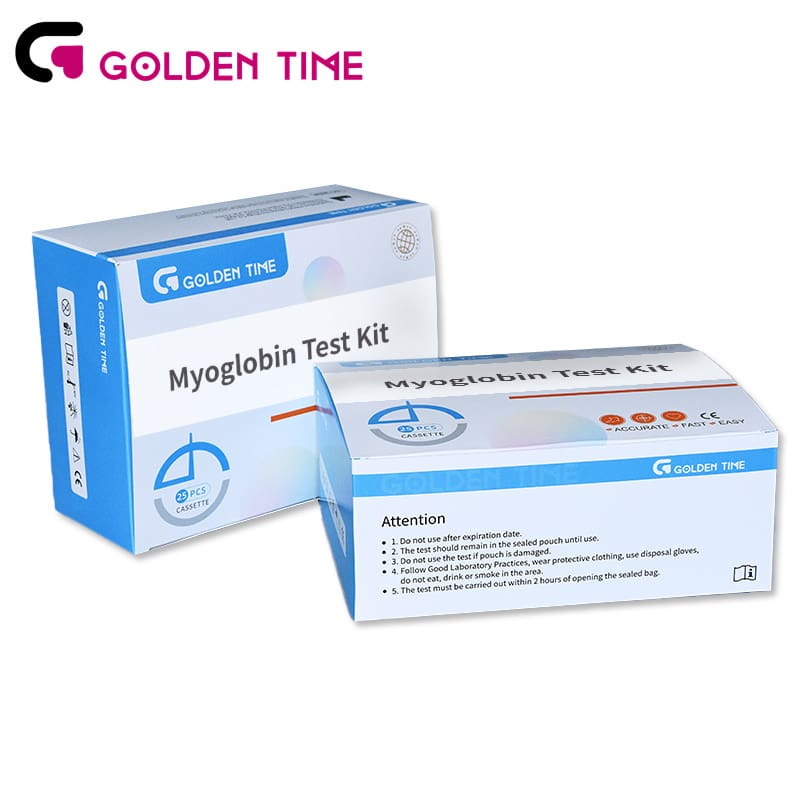Dec . 07, 2024 12:25 Back to list
hepatitis c blood test factories
Understanding Hepatitis C Blood Tests Factories and Their Role
Hepatitis C is a viral infection that affects the liver and can lead to severe liver damage, including cirrhosis and liver cancer. The World Health Organization estimates that approximately 71 million people are living with chronic hepatitis C worldwide. Early diagnosis and effective treatment are critical in managing this disease. One of the most important tools in the diagnosis of hepatitis C is blood testing, typically performed in specialized laboratories and factories that produce testing kits.
What is Hepatitis C?
Hepatitis C is caused by the hepatitis C virus (HCV), which is primarily spread through blood-to-blood contact. This may occur through sharing needles, inadequate sterilization of medical equipment, or transfusions with infected blood. Hepatitis C often goes unnoticed, as many individuals remain asymptomatic for years. However, without prompt treatment, it can lead to serious complications, making it essential for at-risk individuals to get tested.
Blood Tests for Hepatitis C
The diagnosis of hepatitis C generally involves two types of blood tests antibody tests and viral tests
.1. Antibody Tests These tests check for the presence of antibodies to the hepatitis C virus. If the test is positive, it indicates that a person has been infected with the virus at some point. However, it does not determine if the infection is chronic or if the person has cleared the virus on their own.
2. Viral Tests If the antibody test is positive, further testing is conducted to check for the presence of the virus itself, as well as its quantity (viral load) and the specific genotype. This information helps healthcare providers to determine the most appropriate treatment strategy.
The Role of Testing Factories
hepatitis c blood test factories

Factories that produce hepatitis C blood testing kits play a crucial role in the fight against this virus. These facilities are responsible for creating reliable and accurate testing materials that can be used in laboratories worldwide. The production process involves several steps
1. Research and Development (R&D) Before any testing kit is manufactured, extensive R&D is conducted to identify the most reliable methods for detecting HCV antibodies and viral RNA. This involves collaboration with medical scientists and clinical laboratories to ensure the tests are effective.
2. Manufacturing Once a test has been developed and validated, factories manufacture the testing kits. This process includes assembling various components, such as reagents, which are essential for the testing process. Quality control measures ensure that each batch meets regulatory standards.
3. Distribution After manufacture, these kits are distributed to healthcare providers and laboratories. Timely distribution is vital, as early diagnosis can significantly improve patient outcomes.
4. Training and Support Many testing factories also provide training and support to healthcare professionals on how to administer the tests accurately and interpret the results. This is crucial to ensuring that the tests are used correctly in clinical settings.
Importance of Access to Testing
Access to hepatitis C blood tests is vital for controlling the spread of the virus. Increasing testing availability can lead to earlier detection, allowing individuals to begin treatment sooner. It also aids in the monitoring of the infection in populations at risk, such as individuals with a history of intravenous drug use or those who have received blood transfusions prior to the implementation of widespread HCV screening.
Conclusion
Hepatitis C remains a significant public health challenge, but advancements in blood testing technology and the dedicated efforts of factories producing these tests are paving the way for better management of this infection. By ensuring that reliable testing kits are available and accessible, we can facilitate early diagnosis and improve treatment outcomes for individuals living with hepatitis C. Public awareness and access to testing are essential components of a comprehensive strategy to combat this serious disease.
-
Highly Accurate hCG Pregnancy Test Strips - 5 Min Results
NewsAug.02,2025
-
Premium Empty ABS Plastic Cassettes: Durable & Lightweight Storage
NewsAug.01,2025
-
Accurate Cocaine (Coc) Rapid Test Kit | Fast & Reliable Detection
NewsJul.31,2025
-
Accurate HCG Pregnancy Test Strips | Fast Home Use Kit
NewsJul.31,2025
-
Reliable Early Pregnancy Test Kit Supplier - Multi Plastic Cassette Options
NewsJul.30,2025
-
Transferrin Rapid Test Cassette – Reliable Tumor Marker Detection
NewsJul.29,2025

